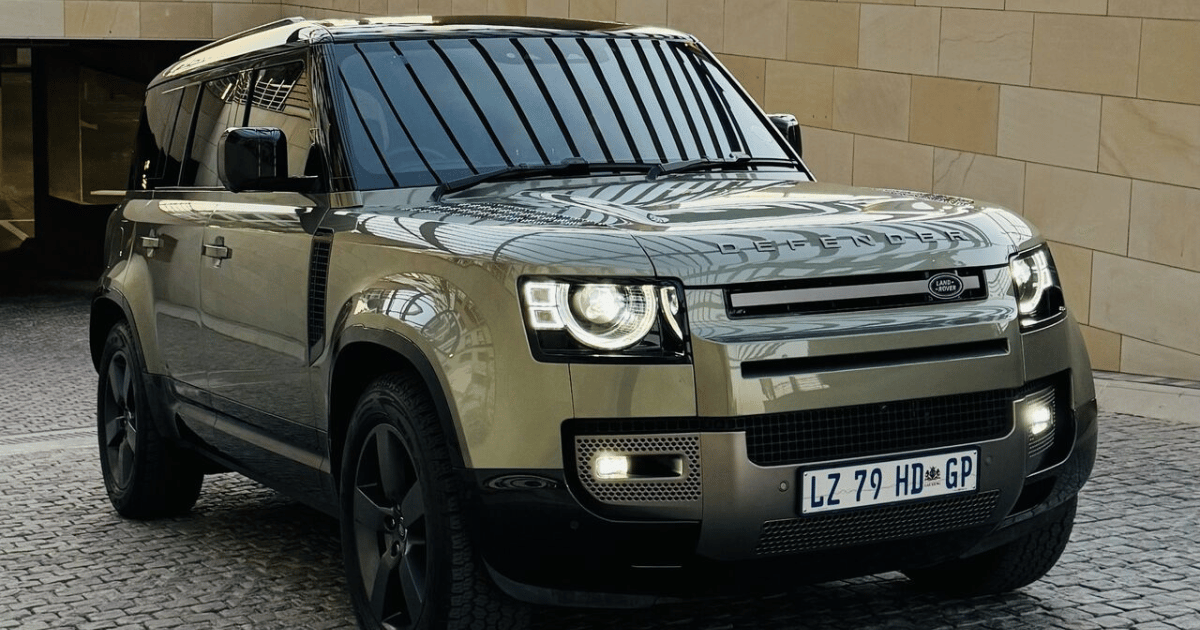- Mobility Rising
- Posts
- Concern as electric car sales in South Africa decline
Concern as electric car sales in South Africa decline

From the newsletter
Electric car sales in South Africa fell by 24% in the first half of 2025 compared with the same period in 2024, according to new sales data from industry lobby Naamsa. This marks the first decline in EV sales since the Covid-19 pandemic. The data shows that 570 fully-electric cars were sold between January and June 2025, down from 749 cars sold in H1 of 2024.
Elevated EV prices drove the decline, as new ICE vehicles recorded a 13.6% increase in sales during the same period. The lack of new, cheaper electric car models launched in the country during the period also limited sales.
The decrease in EV sales shows that South Africa is deviating from the majority of African countries, where sales have been growing fast. Africa’s leading EV markets, especially Egypt, have been recording increased sales in 2025.
More details
Electric car sales appear to have hit a wall in South Africa recently after a few years of hot growth, as high prices persist. In 2024, 1,257 electric cars were sold in the country, marking a 35.3% increase compared to the 929 units sold in 2023. However, this was way lower than the 85.4% growth experienced the previous year. This year, sales are on course to be just over 1,000 units unless a major rebound happens in the second half.
Within the new energy vehicle segment, only plug-in hybrids (PHEVs) recorded growth during the period. In H1 2025, 788 PHEVs were sold in South Africa, a 162% increase from the 298 units sold in H1 2024. The first half of the year saw the introduction of several substantially more affordable PHEVs, six of which are available at lower prices than the previous most affordable models.
South Africa is the continent’s leading automotive market, and a decline in EV sales slows down Africa’s transition to new energy vehicles. Naamsa has warned that the country risks falling behind in the global shift towards new energy vehicles due to a lack of clear policy frameworks and incentives for consumers and automakers.
The decline of electric car sales in South Africa contrasts with the booming sales in major African markets especially Egypt, where the entry of Chinese firms like BYD, Zeekr and Xpeng is giving previously dominant German giants VW, BMW, Porsche and Mercedes-Benz a run for their money. Globally, electric car sales have increased by 28% to 9.1 million units in the first half of 2025. Sales in the UK and Germany increased 32% and 40%, respectively.
Africa’s electric car market is experiencing significant growth, with sales more than doubling in 2024 to reach nearly 11,000. The International Energy Agency (IEA) predicts the growth to continue, driven by the availability of more affordable EVs, particularly from Chinese manufacturers. Some of China’s cheapest electric cars, such as the BYD Dolphin Mini, sold for under $10,000, have started hitting the African market.
For the EV momentum to be sustained however, robust infrastructure such as charging stations are required. Countries also need to lower barriers such as additional taxes. For instance, South Africa charges a higher import duty on electric cars than ICE cars, raising prices. Further, the availability of financing from both commercial banks and non-bank lenders will be pivotal for increased sales.
Our take
With significantly more affordable plug-in hybrids entering the market and showing strong growth, South Africa may shift toward a hybrid-first transition path, especially as infrastructure for fully electric vehicles remains underdeveloped.
Without rapid improvements in charging infrastructure and access to affordable financing, EV sales may stagnate or grow slowly—despite global momentum and regional gains elsewhere in Africa.
The downturn in electric car sales could push the South African government to finally introduce supportive EV policies such as lower import duties, consumer incentives, or automaker subsidies to avoid falling further behind global and continental peers.